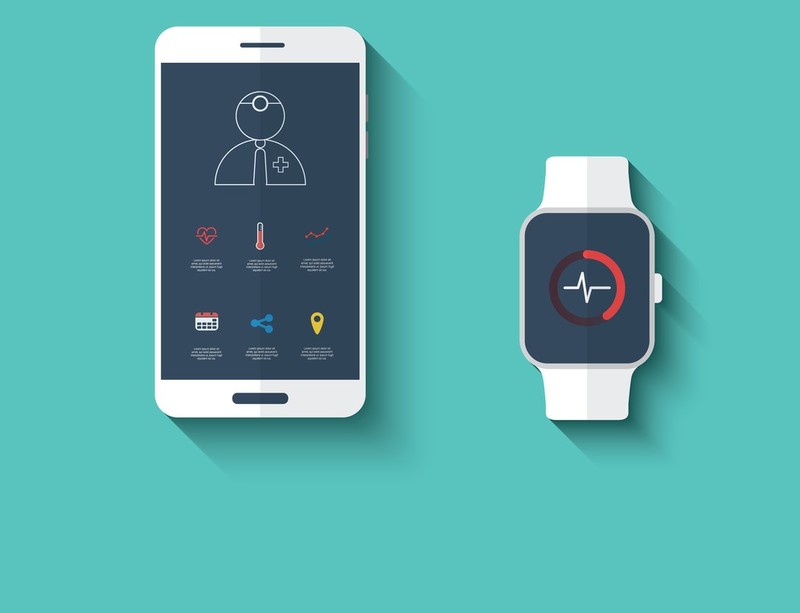Study finds wearable fitness monitors to be useful in cancer treatment
UT Southwestern Medical Center May 03, 2018

Wearable fitness trackers, such as Fitbit, that measure steps taken per day may be a useful tool to evaluate and help treat cancer patients, researchers at UT Southwestern’s Simmons Cancer Center have shown.
A pilot study of older cancer patients found that they were willing to wear physical activity monitors (PAMs) for 10 weeks or more and used them correctly. Data from the PAMs correlated well with clinician assessment of patient status, the researchers found.
“This is the first step in understanding how relevant wearable devices are for cancer patients. My hope is that we can use wearable devices in large cancer clinical trials. That way, we can see what the true effect of different cancer treatments are on patients’ physical activity,” said senior author Dr. Muhammad Beg, assistant professor of internal medicine, a Dedman Family Scholar in Clinical Care, and a member of the Harold C. Simmons Comprehensive Cancer Center, one of just 49 National Cancer Institute-designated Comprehensive Cancer Centers in the nation.
Evaluation of a patient’s functional status is a key part of clinical encounters, and affects treatment decisions. Cancer patients often are older and subtle differences in functional status can be particularly important in evaluating elderly patients. Adding objective data from PAMs can sharpen oncologist’s assessments of their patients, the researchers said.
“We found that patients could successfully use the wearable devices over a prolonged period. Measured steps per day differentiated performance status with great sensitivity, and correlated well with multiple quality-of-life surveys,” said Dr. Arjun Gupta, instructor of internal medicine and first author of the study. “Importantly, the attrition rate was low, and patients reported a positive experience with using the device, indicating that these new-generation wearables are adoptable even in cancer patients, who may be elderly and less technologically literate.”
Twenty-four patients being treated for a variety of cancers including breast, lung, and gastrointestinal cancers, participated in the study, and 23 of the participants met the goal set for feasibility for using the devices. The study appears in the Journal of Clinical Oncology: Clinical Cancer Informatics.
-
Exclusive Write-ups & Webinars by KOLs
-
Daily Quiz by specialty
-
Paid Market Research Surveys
-
Case discussions, News & Journals' summaries